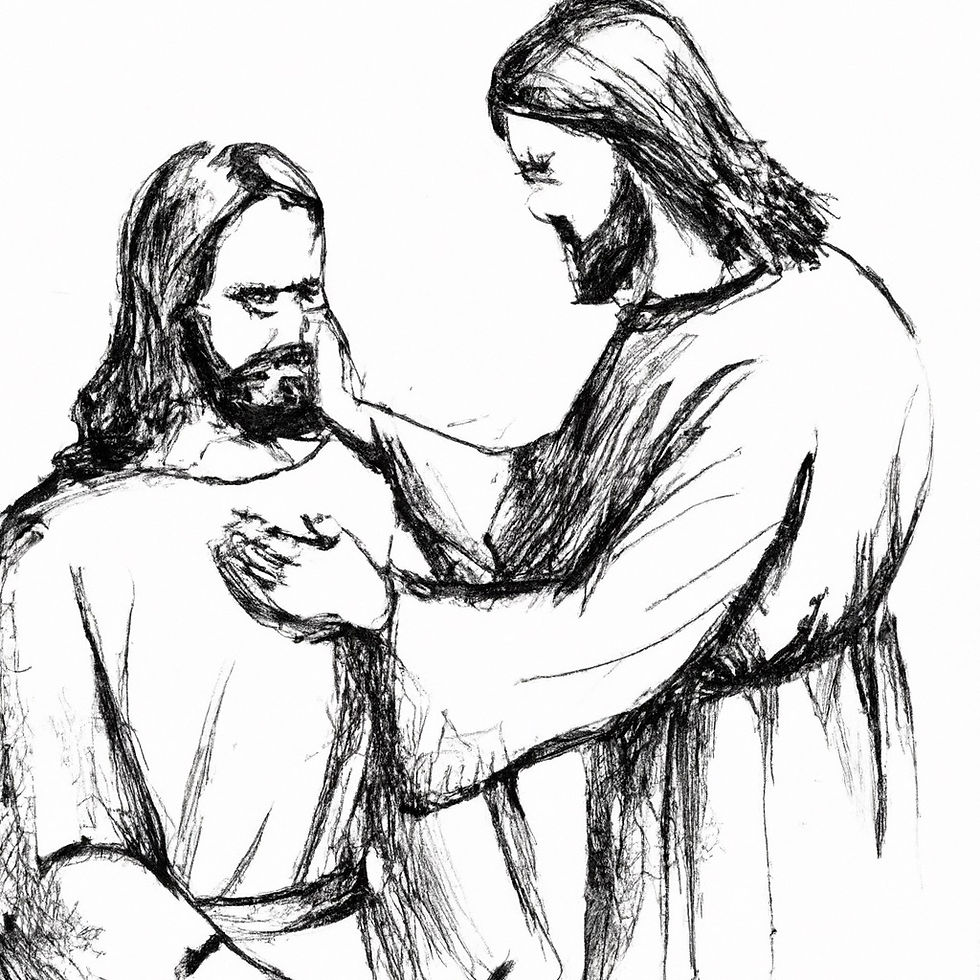Wholly Other & the Classical Tradition
- Jon Swales
- Feb 5, 2024
- 2 min read
Omniscient, omnipresent, omnipotent, immutable.
These descriptors of the divine, rooted in classical tradition, dominate our cultural understanding of God and inform our collective and individual spiritualities and imaginations. Omniscient - all-seeing, knowing the fixed future in intricate detail, omnipresent - he is everywhere, omnipotent - all-powerful whose purposes are never frustrated. Immutable- unchanging.
The result: a God who is outside of time, an unmoved mover, who controls all that is.
In seeming contrast to this theological construction is YHWH, the relational, covenant God of scripture- who loves and at times is angered, a God who can make himself absent yet a God who again and again draws close, speaks and weeps, enters into dialogue and negotiation, a God who forgives, a God who heals, a God who suffers, and a God who has revealed himself definitively in the God-Man Jesus.

Wholly Other,
Cloaked in unapproachable light.
Holy Other,
The One from whom Seraphim veil their eyes.
Draw near,
Be the imminent and the personal.
I heard it said of old that you stand beyond time,
The unmoved mover,
Guiding all to your glory.
But now, that doesn't make sense.
Now, I crave to feel your tears,
Now, I yearn for words that echo
your grief,
your lament,
your compassion for the brokenness of this world.
Draw near,
Be the imminent and the personal.
I heard it said of old that your people's cries were heard,
I heard it said of old that your hand reached out to deliver.
I heard it said of old that you moved,
responded,
and acted in time for this world.
I heard it said of old that you healed the sick,
I heard it said of old that you blessed the broken,
I heard it said of old that you moved,
loved,
and died for this world.
Draw near,
Be the imminent and the personal.







Comments